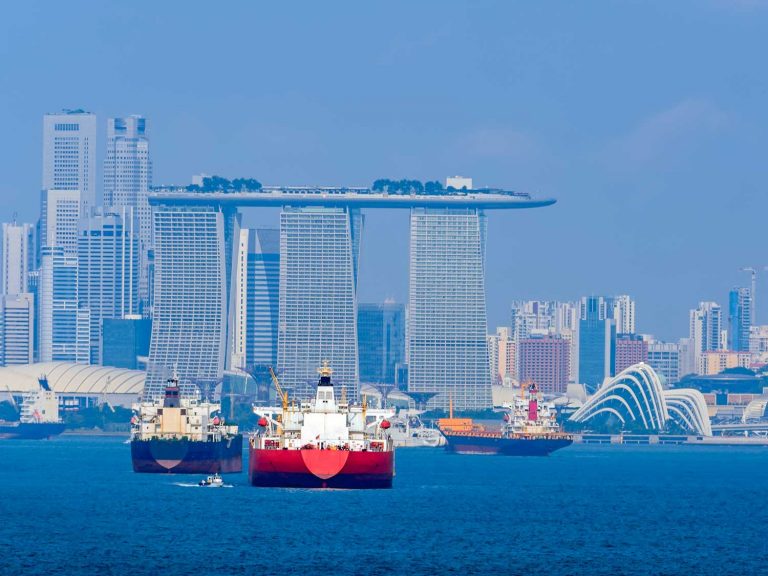
Date:
Why Sea/Air is the smart choice from Asia
The global freight market continues to present challenging circumstances wherever you are shipping, by whatever mode you have chosen and on whatever trade lanes that you are operating. It is a global situation which has worsened over the last 12 months from famine to feast from a carrier perspective – so they can consider it has improved immensely.
Many shipping lines are still struggling with their schedules and with reliability at an all-time low, delays are now running into weeks rather than days, while ports are effectively overwhelmed, with little respite and empty containers remain scarce in many major manufacturing hubs.
Air freight remains under pressure, with most long-haul passenger flights remaining inoperable due to travel restrictions, which means that bellyhold capacity (over half of total air cargo capacity) is largely unavailable for cargo movements.
Add to this the high demand for consumer goods, raw materials, inventory replenishment in all industries and the impact of ocean freight delays, the air freight market is a particularly challenging place to operate, especially when considering realistic timelines and freight costs.
The often lauded ‘new alternative’ mode of rail from China is overwhelmed on both the headhaul westbound and backhaul eastbound lanes, with effective options really quite sparse.
Although the overall market situation from Asia is challenging there are other viable transport solutions available that offer flexibility, speed and cost-effectiveness.
Metro has been involved in the operation and development of sea/ air services from many markets for many years, via established and proven hubs in Singapore and Dubai, together with a selection of secondary transhipment hubs, to provide greater resilience against disruption and additional routing options for speed and cost options.
The most effective sea/air solutions are designed to move the freight to where the most appropriate air freight capacity and routing is available, at the most attractive cost.
The first leg of transit is undertaken in a conventional ocean freight container, often on low-cost feeder vessels, but always on a direct and much shorter transit than would be the case on an all ocean service.
This reduces the impact of incidents at ports or in delays, because short-sea transits have not been impacted by service disruption and cost increases seen on deep-sea services.
Singapore and Dubai are two of the biggest pure freighter and passenger freighter airports globally, which means they retain a relatively high number of passenger flights, and consequently critical bellyhold capacity, which is extremely rare in the current environment.
We have seen a lot of bookings for our sea/air services since Chinese New Year and these have increased dramatically since the UK and world’s lockdowns have been lifted and, in particular, retailers are keen to benefit from sea/air’s low cost and faster transit capabilities, to replenish stock and look to achieve their sales targets.
We continue to receive daily booking requests and have the capacity, ability and reliability needed to deliver within timelines and to your deadlines.
We operate weekly services from all major areas of manufacture; with Singapore servicing the Far East and South East Asia trades and Dubai geographically well located to serve Indian Sub-continent.
We book containers from origin on a special sea/air slot service with the boxes top stowed on the vessel, which ensures they are the first to be unloaded on arrival at the selected hub destination.
Containers are released immediately and bonded to our dedicated and secure air freight facilities at Changi Airport and DXB or DWC Airports in Dubai, where they are immediately transhipped onto airlines pallets, to be moved as intact units.
Freight is often delivered to the airport same day or within 24 hours of arrival on the first leg by ship and ready to be flown. We average a sailing to door transit of 12 days from Far East and South East Asia and 20 days from The Indian Subcontinent.
For further information please contact us – we recommend sea/ air as a benefit and option often not considered that can plug gaps and fix delays. Elliot Carlie and Andy Brooks head the sea/ air team and are available 24/7 to discuss any current requirements.
